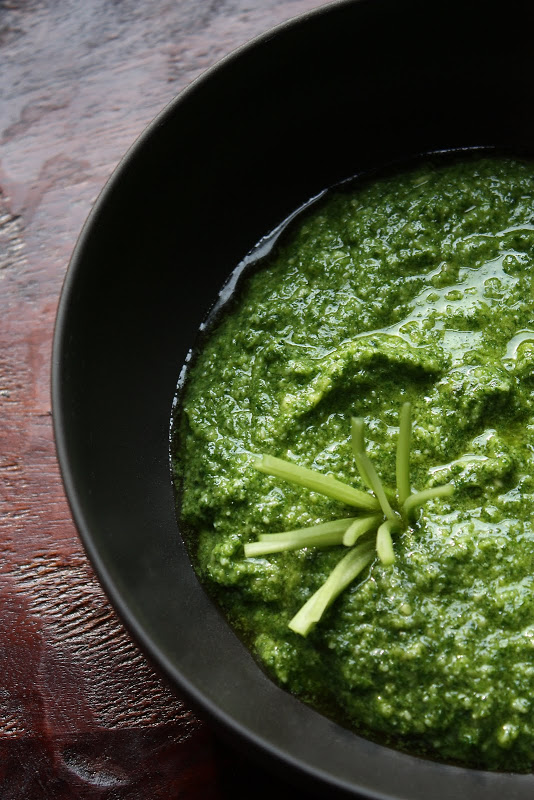As part of Nablopomo (national blog posting month), I’m determined to publish some of the posts that I’ve drafted over the past year or so but haven’t published due to my Obsessive Compulsive Editing Disorder. Here’s one that I disregarded as too indulgent. In retrospect, though, I think it illustrates a point in time, and the grief that comes with adjusting to a new level of ability.
I get lots of advice about how to manage the emotional impact of losing my able body. I see a psychologist most weeks. She encourages me to be mindful and focus on the present moment and present task, rather than worrying about the future and the challenges it holds. Writers Sanda Turner and Elizabeth Tova Bailey, both of whom live with debilitating and life-threatening illnesses, have a similar approach. They illustrate the importance of doggedly noticing the small wonders of everyday life (like watching a snail eat). I get daily updates from an FSH Yahoo group forum, whose members’ remind me to ‘count the haves, not the have-nots’, and other such american one-liners.
I work pretty hard at following this advice. I try and keep my thoughts to today. When I call my OT today, I will attempt to focus on the matter of my next appointment, and not worry about whether I’ll ever find a wheelchair that can support my body comfortably. I will notice the sunlight landing on my sweatshirt and the cabbage trees outside and the taste of my morning coffee. I will be thankful for the abilities I haven’t lost and for the people who continue to prop me up physically, financially and emotionally.
These stakes I dig into the sand aren’t always strong enough to withstand the waves of grief that roll in. They often arrive without notice, in the middle of a conversation or a mundane task. A stray comment from a friend about the lengths she’s swimming each day reminds me of my own exercise routine. My sternum contracts as I remember the flying feeling of pulling through the water and the elated exhaustion of pushing my body to reach the end of another length. It’s a throw-away remark, hardly noted as the conversation flows over and around and on, but it hits me like a log and I am stunned. Swimming lengths at the pool. As if it were the most normal thing in the world. And it is – it was – but it’s not – and it won’t be – and it’s gone now.
But back to today.






